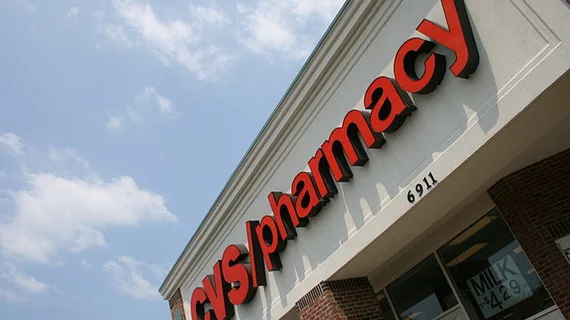California official throws wrench in planned CVS-Aetna merger
The planned merger of CVS Health and Aetna hit a snag this week after California Insurance Commissioner Dave Jones urged the U.S. Department of Justice (DOJ) to block the $69 billion deal.
The news comes as investor Carl Icahn stated he would vote against the $54 billion purchase of Express Scripts Holdings by Cigna Corporation, The Wall Street Journal reported. The letter to DOJ is the first significant roadblock in CVS’s attempt to acquire Aetna. Last month, antitrust enforcers appeared less likely to move to block the deal, according to Bloomberg.
Jones took issue with the loss of Aetna as a competitor in the pharmacy benefit manager (PBM) market, announcing his findings and recommendations based on an in-depth review and analysis of the testimony, studies and written comments of a public hearing with expert testimony on the merger.
"A merger of this size and type, according to experts on health insurer and healthcare mergers, will likely lead to increased prices and decreased quality,” Jones said in a statement. “Further, partial divestiture or other remedies traditionally used by the Department of Justice will not adequately protect consumers or address the adverse consequences of a merger of CVS and Aetna. Traditional methods to avoid market concentration will not address potential impacts on service quality, the power to charge excessive rates, or the creation of barriers to block a potential market participant with the resources to enter into new markets.”
New entrants into the PBM space will also not be able to compete, he concluded. He requested that DOJ sue to block the transaction.

